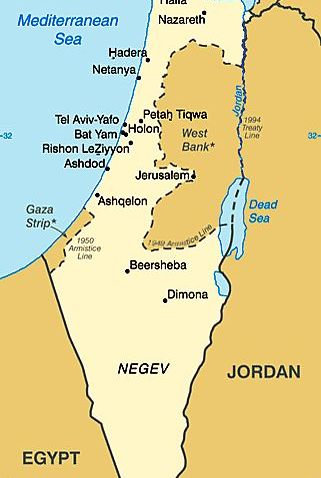The next prime minister of Israel will face daunting challenges, from pursuing a risky peace deal with the Palestinians and perhaps Syria, to navigating a dangerous confrontation with Iran, whose nuclear program many in Israel consider an existential threat. Before the new Israeli leader can plunge into these life and death foreign policy issues, though, she (or he) will first need to negotiate the treacherous rapids of Israel's domestic political waters. Israeli Foreign Minister Tzipi Livni is doing just that as she works to secure the office of prime minister. Ironically, the man in the strongest position to affect her chances, former prime minister and current Defense Minister Ehud Barak, would not win an election to the top job were it held today. He would not even finish second. Barak's Labor Party is at best the third most popular party in the country. The official race for the top office was set in motion this weekend, when Prime Minister Ehud Olmert tendered his resignation to President Shimon Peres, and Peres officially charged Livni with forming a government. Olmert, beset by corruption allegations, had promised to resign once his Kadima party chose a new leader. The Sept. 17 primary election gave Livni a sliver of a victory. Now she has 42 days to put together a governing coalition.
Livni, Barak and Netanyahu: Navigating Israel’s Political Waters

